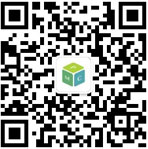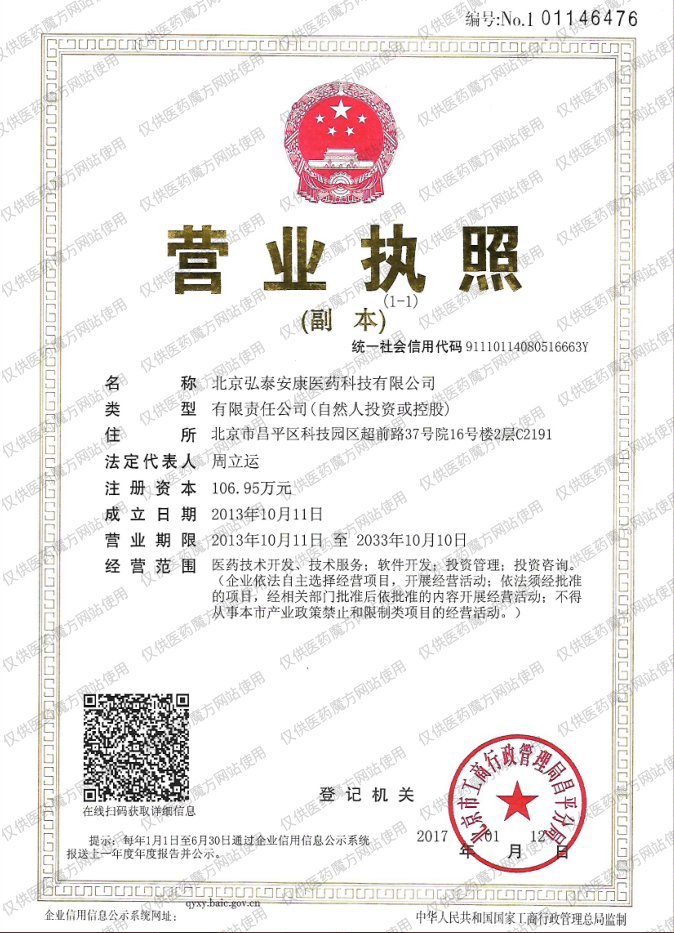CAR-T国内定价“大猜想”
After the FDA has successively approved the listing of Novartis CAR-T drug Kymriah (tisagenlecleucel-T) and Kite CAR-T drug Yescarta (axicabtagene ciloleucel), the Chinese government has further increased the emphasis on cell therapy.In January 2018, the State Intellectual Property Office released the latest edition of the Catalogue of Key Supporting Industries for Intellectual Property Rights, which clearly stated that immune cells and stem cell therapy should be listed as key supporting industries.
belongs to another area of cancer immunotherapy, two PD-1 drugs O drugs and K drugs less than 200,000 pricing, but also let the relevant pharmaceutical companies feel the fierce competition.The two currently approved CAR-T therapies in the world, Kymriah and Yescarta, are priced at 47.$50,000 and 37.30,000 US dollars, if one day, the above two products into China, or localized CAR-T therapy approved, how to estimate the pricing range?Do latecomers still have "cakes" to share?
The reporter recently hosted by Shanghai Zhangjiang (Group) Co., Ltd., Shanghai International Medical Park Group Co., Ltd. and Shanghai Zhangjiang Biopharmaceutical Base Development Co., Ltd. organized the third quarter of 2018 "Zhangjiang Life Science Salon - Towards the Golden Autumn of Immunotherapy" salon activities, also heard some industry people's pricing conjecture and industrial development perspectives.
Cell preparations into the next rush beach layout point
Although CAR-T therapy has obvious advantages in the treatment of hematological diseases, hundreds of thousands of treatment costs cannot be borne by most patients.Kymriah and Yescarta 0. 2% in the first half of this year.Although the sales of 2.8 billion and 106 million U.S. dollars did not match their dazzling aura, even if the market prospect of such new therapies is still not clear, there are still many biopharmaceutical companies and investment institutions that believe in their industrial value and do not hesitate to invest heavily.
At present, more than 20 companies in China have applied for the application of CAR-T cell therapy IND to obtain CDE acceptance, among which Nanjing Legend, Hengrun Dasheng, Yao Ming Ju Nuo, Fosun Kate and other companies have obtained the approval of the State Food and Drug Administration. Clinical trial approval.On September 27, Sieberman announced a strategic licensing and cooperation agreement with Novartis responsible for the production and supply of Kymriah, a CAR-T cell therapy drug, in China (see: Sieberman and Novartis reached an exclusive cooperation agreement: responsible for the production and supply of CAR-T products in China Kymriah).
The layout of the industry's rush for cell therapy has also been confirmed by Ye Yang, Chief Operating Officer of Shanghai Xinchao Biotechnology Co., Ltd.Ye Yang said: A few years ago, their customer volume was double-digit, and only a few dozen cell-type companies had carried out sample storage or cell storage, but since last year, the number of these companies and the number of stored cells have increased dramatically.In other words, we are very much looking forward to the development of this field and are all actively deploying and exploring.
The game between pricing and the market
Dai Chengxiang, general manager of Stem Cell Division of Sieberman Biotech Co., Ltd., pointed out directly that if Novartis CAR-T therapy Kymriah is priced at 47 in China.If it is $50,000, it will not work. Instead of adopting the same pricing as the United States, it is better to send it directly to the United States for treatment.
He believes that if it is priced at 300,000 to 500,000 RMB, this price may be acceptable to everyone, because in the absence of other complications, the price of a bone marrow transplant is also about 500,000 RMB.If we say that the effect of cell therapy can be alleviated for more than one year, or the chance of bone marrow transplantation for patients after remission, then it can be alleviated for more than five years, and the price is between 300,000 and 500,000 yuan still has a large market.
Dai Chengxiang also pointed out: "There are too many companies currently deploying CAR-T therapy, even for the same indication. Because of the different clinical trials done by each, the corresponding clinical data obtained are not the same. How to approve a proper indication for the market also needs to focus on."
For the issue of marketization, Chen Rulei, executive vice president of Jiahe Biopharmaceutical Co., Ltd., is optimistic.In his opinion, the price of immunotherapy should consider a variety of factors such as direct production costs, overall supply chain costs, market sales scale, and policy environment.Whether it is cell therapy or immune checkpoint inhibitor therapy (PD1/PD-L1, CTLA4, etc.), although many companies are currently doing it, they are still very optimistic about the opportunities for latecomers.
Chen Rulei takes PD-1 as an example, because its development process is not the same as the development of other antineoplastic drugs, in addition to the combination of drugs, because it is a broad-spectrum product, not to mention which can be eaten, latecomers will still have the opportunity, for example, by choosing different indications, choose different criteria for enrolling patients, and conduct differentiated development. In the future, this market is not inseparable. If the direction is identified, each company will have its own market.
Xiao Zhihua, chairman and general manager of Shanghai Opu Mai Biotechnology Co., Ltd., compared with several popular anti-cancer drugs that have already been listed, pointed out that "in the past, it was generally reasonable to think that domestic pricing was 2/3 of that of foreign countries, but we also saw that after these products were included in Medicare last year, the price reduction was more than half the most direct cut, which was undoubtedly significant for patients. Good.Therefore, for the entire industry, the R & D costs of enterprises and the policy system under the general environment must be considered together."
How can domestic production costs be reduced?
In December 2017, CDE issued the "Technical Guidelines for Research and Evaluation of Cell Therapy Products (Trial)", which clarified the drug attributes of cell immunotherapy products.This means that before cell therapy products are officially marketed, they need to be "three reports and three batches" like drugs.
but CAR-T therapy also has many limitations, including short persistence in some patients with blood cancer, poor penetration in solid tumors, limited tumor killing effect, presence of toxic side effects such as cytokine storm, off-target effects, and difficulty in scale preparation.
A person in charge of the declaration of cell therapy products told reporters that the process complexity of cell preparations is higher than that of vaccines, and the equipment, reagents, and consumables used are almost entirely dependent on imports.At present, it takes about 10 million to declare a three-phase IND declaration plus production costs.According to the clinical cost of a single patient, the current production cost of each cell preparation in China also needs 50,000 US dollars without considering the cost of equipment loss.
Pan Yudong, chairman and president of Heyuan Biotechnology Shanghai Co., Ltd., pointed out that companies can reduce production costs by reducing production costs. For example, product production can be entrusted to third-party agencies. At the same time, domestic consumables can be used instead of imported consumables to reduce production costs directly. Only if the cost is reduced, the final product price can be lowered.
Yang Guanghua, chairman of Shanghai Biang Bio-pharmaceutical Technology Co., Ltd., talked about some of his ideas from the perspective of indications.In addition to the cytokine storm, target/off-target toxicity, and so on, which are also two mountains in CAR-T therapy, the heterogeneity of solid tumors makes CAR-T therapy unsatisfactory in the treatment of solid tumors.If CAR-T therapy for patients with solid tumors can be developed, the indication population will be greatly expanded and the cost will naturally be reduced.
Become a Huimin product, but also need policy support
Shado, general manager of Shanghai International Medical Park, told reporters that at present, there are four leading companies in CAR-T technology worldwide, of which three have been deployed in Yaogu, namely Fosun Pharma and Kate Pharmaceutical (which has been acquired by Gilead), and Yao Ming and Ju Nuo and Sibi Man and Novartis.At the same time, it should also be recognized that there is currently no base that meets the FDA standards in China.A new industry to achieve rapid development, in addition to advanced technology, capital drive, talent convergence, but also the need for official policy level run-up speed.
Shanghai Biopharmaceutical Technology Industry Promotion Center Director Fu Dazhao added: Although immunotherapy still has a long way to go in China, including some technical problems that need to be overcome, but as the technology becomes more mature, it will surely be at the forefront as an important treatment.At present, the Shanghai Municipal Science and Technology Commission is studying the preparation of a major city-level project for cell therapy to help solve the technical problems of cell therapy.

扫码实时看更多精彩文章



